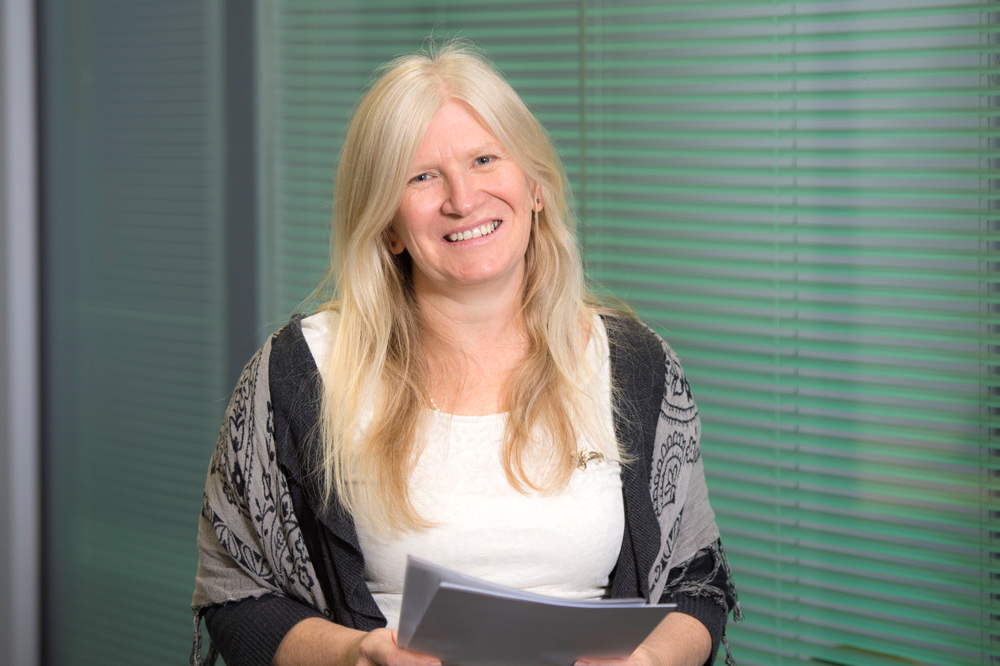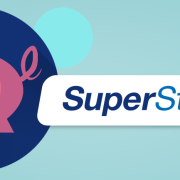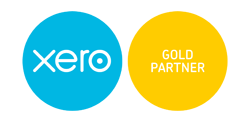Changes to Superannuation for employers, employees and retirees from 1 July 2022
A number of superannuation changes came into effect from 1 July 2022, including:
- Changes to the work test and bring forward rules for those aged 67-75 years
- Carry forward unused concessional contributions
- Changes to contributing to super from the sale of your home (‘downsizer contributions’)
- Government contributions for low-to-middle income earners
- Pay an increased super rate to employees
- Pay super to employees regardless of their earnings
- Increased contribution allowance for first home buyers
Learn about these changes to superannuation and what you need to do below.
Changes to superannuation work test and bring forward rule for those aged 67-75 years
Before 1 July 2022, if you were 67 to 74 years old you had to meet the ‘work test’ to make or receive voluntary contributions to your super. (Application of the work test meant you had to have been gainfully employed at least 40 hours over a 30-day period in the relevant financial year.)
From 1 July 2022 this work test requirement has been removed for certain contributions.
Now, if you are under 75 years old, you do not need to meet the work test for salary-sacrifice or personal after-tax contributions (within your existing contribution cap limits).
The work test still applies if you want to make a contribution and claim a tax deduction for it.
You may also be able use the ‘bring forward rule’, as eligibility to make non-concessional (after-tax) contributions under the bring-forward rules has been extended to 75 years of age (from 67).
The limits for super contributions made from after-tax income or savings are:
- $330,000 if the total super balance on June 30 of the previous financial year is less than $1.48 million.
- $220,000 if the total super balance on June 30 of the previous financial year is above $1.48 million and less than $1.59 million.
- $110,000 if the total super balance on June 30 of the previous financial year is between $1.59 million and $1.70 million.
- Those with a super balance of $1.7 million or more are not eligible.
What you should do
- You should make sure you understand eligibility and the timing of contributions, particularly if you are turning 75.
Contact a Synectic adviser to discuss your circumstances.
Carry forward unused concessional contributions
From 1 July 2018, the amount of the concessional contribution cap that was not used at the end of the financial year will carry over to the next year, thus increasing the amount that you can contribute as a before-tax contribution in that year. The carrying forward of the unused portion of the concessional contribution cap will continue over a rolling 5-year period.
There is a catch; you can only use your carried forward unused concessional contributions if you have exceeded the general concessional contribution cap ($27,500 for the 2022/23 financial year) and your total super balance at 30 June of the previous financial year must be less than $500,000.
There may be some personal tax advantages in utilising carried forward unused contributions, such as being able to claim a larger tax deduction for personal before-tax contributions.
What you should do
- Determine if you have any unused concessional contribution cap that can be used
- Confirm you meet the conditions
- Ensure you optimise the advantages of unused concessional contributions.
Contact a Synectic adviser to discuss your circumstances.
Changes to contributing to your superannuation using the sale of your house
The eligibility rules have changed for downsizers who wish to top up super with a $300,000 contribution, effective from 1 July 2022.
- The minimum age for downsizer contributions has been reduced from 65 to 60
- Downsizer contributions do not count towards your contribution cap
- Downsizer contributions are not restricted by other eligibility criteria such as the Total Superannuation Balance
What you should do
- Learn more about downsizer rules at the ATO website
Contact a Synectic adviser to discuss your circumstances.
Increase in contributions allowed to help save for your first home
The first home super saver (FHSS) scheme allows you to save money for your first home inside your super fund. By making voluntary contributions (before tax) to your super you can save faster due to the concessional tax treatment of superannuation and the compound interest your contributions will earn in your super fund.
From 1 July 2022, changes to the FHSS scheme mean the total voluntary contributions that can count towards the maximum releasable amount have increased from $30,000 to $50,000.
The maximum voluntary contributions in a financial year that can be applied to the first home super saver scheme will remain at $15,000.
What you should do
- Check that your super fund will release the money
- Ask your fund about any fees, charges and insurance implications
- Ensure your name with your super fund matches what the ATO has recorded
- Be aware that if you receive FHSS amounts, it will affect your tax for the year in which you make the request to release
- Learn more about the FHSS scheme at the ATO website
Contact a Synectic adviser to discuss your circumstances.
Changes to Superannuation Guarantee rate
The Superannuation Guarantee rate (the minimum amount of super you must contribute on behalf of your employees) rose from 10% to 10.5%, effective 1 July 2022. The rate will increase by 0.5% each year on 1 July, until it reaches 12% on 1 July 2025.
What you should do
- Use the new rate to calculate super on payments you make to employees on or after 1 July, even if some or all of the pay period is for work done before 1 July
Removal of minimum earnings
The $450 ($350 as per the Hospitality and Restaurant Awards) per month minimum earnings condition for eligibility to super guarantee contributions (SGC) has been removed.
From 1 July 2022, all employees are eligible for super contributions regardless of how much they earn. The only exception applies to employees who are under 18 years old – employers only need to pay super when an under 18-year-old employee works more than 30 hours per week.
What you should do
- For any employees under 18 years of age, pay SGC if they work more than 30 hours per week in your business
- Pay SGC to all other employees
Government contributions for low-to-middle income earners
The Australian Government will help boost superannuation savings for eligible low-to-middle income earners. Depending on your circumstances, the government may make either a low income contribution or a co-contribution to your super.
Low income contribution:
- Known as the ‘low income superannuation tax offset’ (LISTO).
- The government will ‘refund’ the 15% tax paid on before-tax contributions made into your super account, up to a maximum of $500 per financial year.
Co-contributions:
- If you make a personal after-tax contribution into your super fund and your income for the 2022/23 financial year is less than $57,016, the government will then top up your contribution to a maximum of $500.
What you should do
You do not need to apply for either contribution. The government will work out whether you are eligible when you lodge your tax return and, if so, they will automatically pay the contribution into your super account.
However, there are some steps you will need to take to benefit from the co-contribution payment:
- You should work out whether you are eligible for co-contribution
- Find out more about eligibility for co-contribution at the ATO website
- If you are eligible, make a personal contribution before the end of the financial year
Contact a Synectic adviser to discuss your circumstances.
Need help?
Synectic’s accountants and advisers provide practical, comprehensive and reliable solutions to make managing and growing superannuation easier. Whether you are an employer, employee or retiree, get in touch to discuss your individual circumstances.














